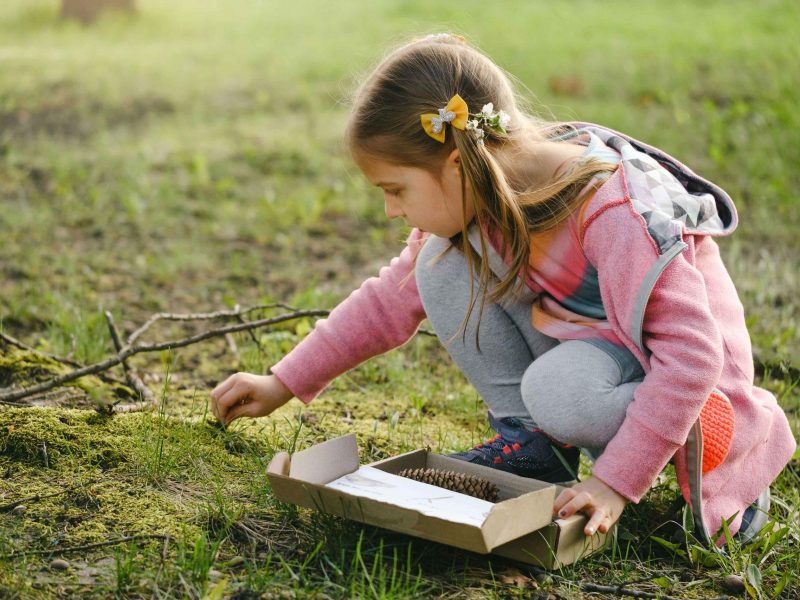Broadening Your Community
One of the things that I’ve found myself saying more and more as time goes on, whether I’m teaching an adoption course, or leading a writing workshop, or just chatting with friends, is this – “broaden your community”.
This can mean different things in different contexts, obviously, but the principle operates the same in every aspect of our lives. The broader our personal community is, the more fulfilled we are when things are going well and the more resilient we are when things are going badly. We are made stronger and more human by the significant relationships in our lives.
Now, let me be clear. This is not the same things as “networking”, where people build a network of contacts in order to better meet their goals and perform their jobs. There’s nothing wrong with that kind of networking, and your network will certainly overlap with your community, but contacts are primarily functional, whereas community is primarily relational. It’s possible to have a massive network of contacts and still not have any real community, still not have people you can call upon to celebrate with you in your joys and support you in your sorrows. Your community will of course be part of your network, but your network isn’t necessarily part of your community.
This distinction is especially important in a world where people have ever bigger lists of social media contacts but ever fewer real relationships. Again and again I hear people telling me that they feel alone and disconnected, even as their phones are buzzing with notifications from “friends”. Having a long list of “friends” or “followers” does not count as having a broad community. Your community probably shows up on your social media feeds, but your social media in no way reflects an actual community.
Here’s how you can identify those who form your community, whether you know them through your family, your work, your hobbies, your church, your school, your neighbourhood, or wherever – they’re the ones who will come and support you when times are tough. They’re the ones you know you can call when you’re having a fight with your spouse, or your teenage kid has gotten arrested, or your parent has ben diagnosed with cancer. Those people are your community.
I don’t know if you often stop to think of who those people are in your life, but take a minute, right now, and list them.
Hopefully, you just discovered that you have lots of those people around you. Hopefully you made a list as long as your arm and can spend a moment appreciating the community of people you have to support you.
But maybe you just discovered how small your community actually is. Maybe you just realized that when push comes to shove there aren’t very many contacts on your list or followers on your feeds who you could call about the tough things in your life. If that’s you (and there are many, many people in your position), I’m going to say again what I said at the beginning – broaden your community.
Don’t settle for relationships by text or instant messenger. Make time to meet the people in your neighbourhood. Make time to turn casual interactions with parents in the schoolyard into strong relationships. Invite your co-workers for dinner. Go for coffee with your fellow spin cyclists after class. Have a beer with your teammates after basketball.
Don’t settle for contacts. Don’t settle for followers. Always be seeking out people with whom you can grow real relationships, people you can share your life with, both your successes and your failures. That’s what it takes to broaden your community, to share your life with others, to be truly human.
Luke Hill has been the parent of birth kids, adoptive kids, foster kids, and just-need-a-place-to-stay kids for fourteen years. He’s had experience with kids in homeschool, public schools, and alternative schools. He’s been a teacher, a camp counsellor, and a coach. He’s also taught parenting courses for Children’s Aid for almost a decade. When he isn’t working with kids, he’s a writer, a publisher, and the director of a non-profit organization that supports book culture.






